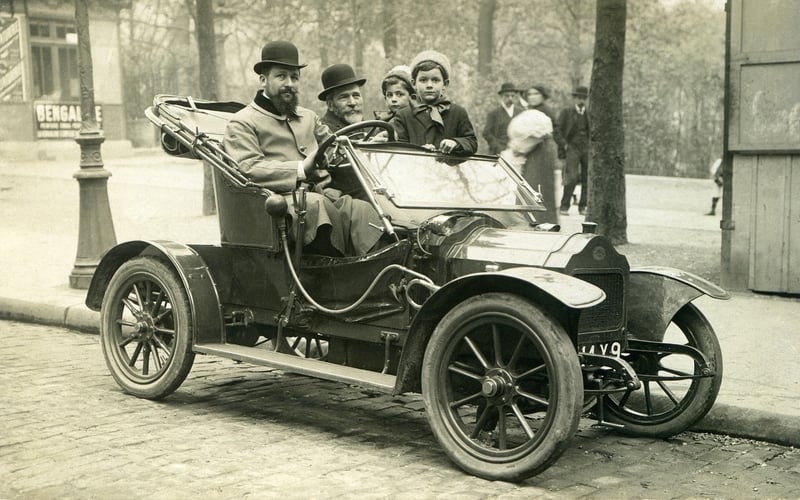Industrial Revolution
Exploring Different Historical Eras: The Industrial Revolution
The Industrial Revolution was a period of significant change that transformed societies from agrarian communities into industrialized nations. This era, which began in the late 18th century, marked a shift in manufacturing processes, transportation, and lifestyle. Let's delve deeper into this pivotal time in history.
What was the Industrial Revolution?
The Industrial Revolution was a period characterized by the introduction of machinery, the use of steam power, and the growth of factories. This revolutionized the way goods were produced, leading to increased efficiency and mass production.
Key Innovations of the Industrial Revolution
- The Steam Engine: Invented by James Watt, the steam engine powered factories and revolutionized transportation.
- Textile Mills: The mechanization of textile production led to the rise of factories and the factory system.
- Railways: The development of railways enabled faster transportation of goods and people, connecting distant regions.
Impact of the Industrial Revolution
The Industrial Revolution had far-reaching effects on society, economy, and culture:
- Urbanization: Cities grew rapidly as people migrated from rural areas to work in factories.
- Working Conditions: Factory workers faced long hours, unsafe conditions, and low wages.
- Social Changes: The Industrial Revolution led to the rise of the middle class and changes in social hierarchies.
Legacy of the Industrial Revolution
The Industrial Revolution laid the foundation for modern industrial societies and profoundly impacted global development. It sparked technological advancements, economic growth, and social change that continue to shape the world today.

Exploring the Industrial Revolution offers valuable insights into the transition from traditional to industrialized societies and the lasting effects of this transformative era.
For more information on the Industrial Revolution, you can visit History.com.
